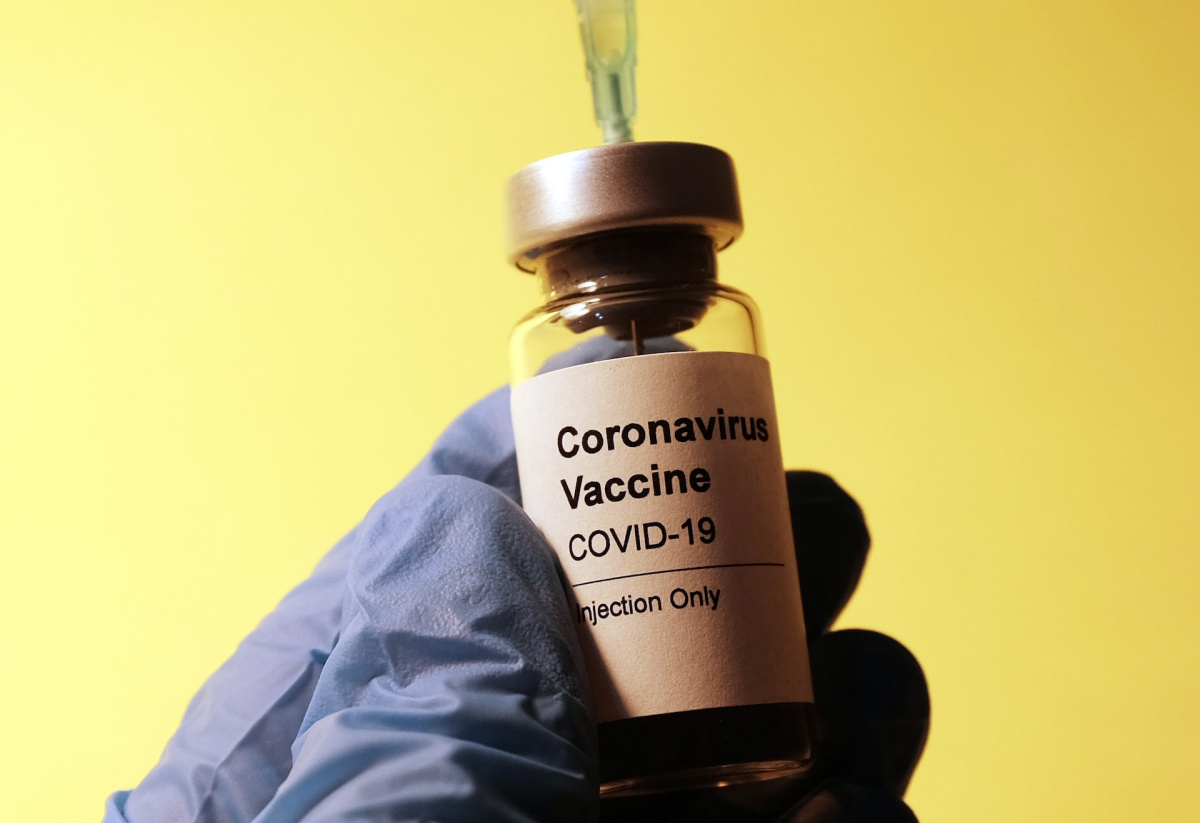Analysis
Gambling with Rights: “Discovery” About the Vaccine’s Ability to Reduce Transmission

A couple months ago there was a lot of buzz on the internet about an apparent confession made by Janine Small, President of Developed Markets at Pfizer, about the COVID-19 vaccine’s ability to reduce transmission at the time of its roll-out. This story definitively requires more nuance than it has been given; however, it nevertheless highlights a reason for concern.
On October 10, European Member of Parliament Rob Roos of the Netherlands asked Small “Was the Pfizer COVID vaccine tested for stopping transmission of the virus before it entered the market?”. To this she replied “no”, explaining that they did not have the time for such studies. This exchange occurred during a hearing on the transparency of negotiations between Pfizer and the European Union over advance-purchase orders that were placed before the vaccine had gained regulatory approval.
This testimony is not necessarily new information. The company has never claimed that studies of the vaccine’s effect on virus transmission from person to person were performed during the company’s original clinical trials. Also, such studies were never required by European Medicines Agency nor the U.S. Food and Drug Administration for approval of the vaccines.
Even so, following small’s testimony, many people online proceeded to accuse governments of misleading their respective populations. These critics argue that, although Pfizer may not have lied about their vaccine’s capabilities, governments did when they introduced coercive vaccine mandates/passports.
There is support for this line of thinking. The mandates/passports were so intrusive that under normal circumstances they would have constituted an infringement of people’s rights, as prescribed in domestic and international legal codes. Politicians justified the implementation of these measures by implying the ability of the vaccine to reduce transmission. For example, while introducing the vaccine mandate for Canadian federal workforce and federally regulated transportation sector, the Canadian Minister of Health said “by getting vaccinated, you are protecting … your community. By being fully vaccinated, you are also protecting the safety of your workplaces”. Similarly, Biden explained that the federal vaccine mandate for employers was primarily about protecting those around you. These statements would make little sense if the unvaccinated were merely hurting themselves.
However, these implications by policymakers about transmissibility were not completely baseless. Although the vaccine was not tested by Pfizer for transmissibility prior to its roll-out, evidence supporting this capability began to grow as vaccines began being administered throughout 2021. It is fair to assume that policy makers were somewhat aware of this emerging data. Also, it has now been concluded that the vaccine most likely did prevent transmissibility for the first variants.
Nevertheless, governments are not necessarily “off the hook”. What is fair to say is that when imposing mandates/passports policymakers implied the ability of vaccines to reduce transmissibility without knowing conclusively whether this was true. As such, it is also fair to say that governments took a gamble with peoples' rights; if vaccines turned out to prevent transmission, then infringing on citizens’ rights would have been justified, but if vaccines had not, then it would not have been. Was such a gamble acceptable? That is for you to decide.